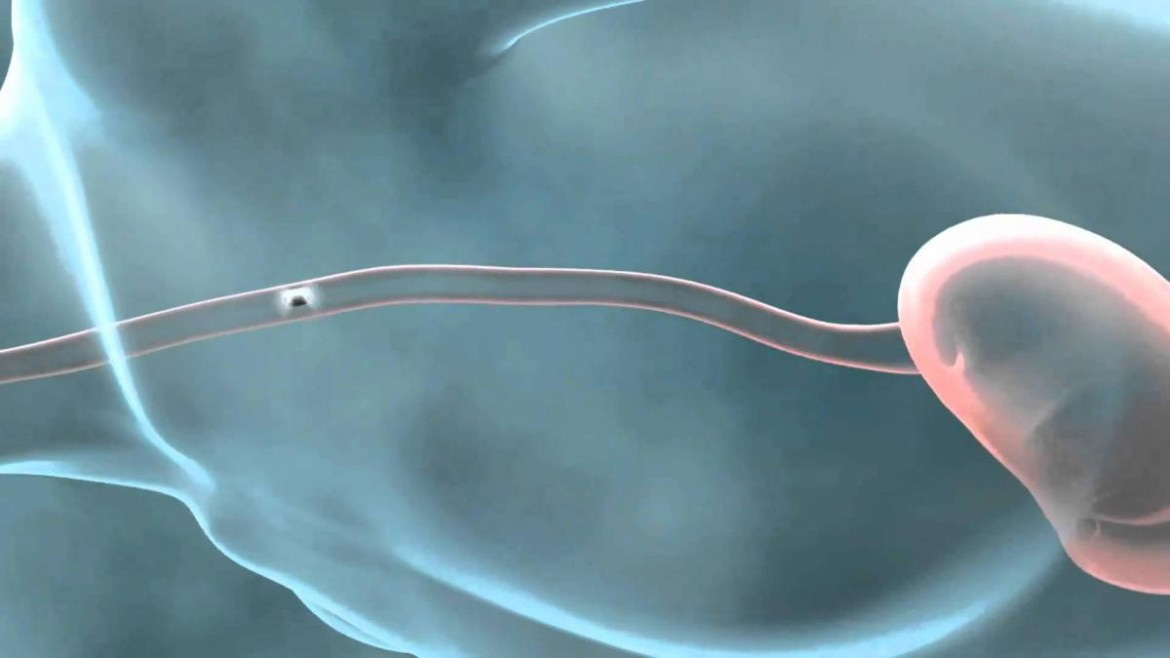It is a safe diagnose method, minimally invasive, well tolerated, effective and clinically tested. The digestive study by means of the Endoscopy Capsule from its start evolved very much with the most advanced technology of Given Imaging we have available at Clínica ServiDigest. The PillCam system increases the quality of the study by means of the optimal interaction between the video capsule, the data recorder, the sensor belt and the most effective software.
The Endoscopy Capsule is a device containing inside a light with one or two cameras allowing, after the patient swallows it the study of the selective stretch of the digestive tract it goes over by the capture of multiple images. There exist different Endoscopy Capsules depending on the study of the digestive tract to be explored.
The PillCam SB3 Capsule allows to display the full small bowel, achieving a diagnose of many lesions that up to now were unnoticed. It is a reference method for the diagnose of the pathologies of the small bowel.
The PillCam Patency Capsule is a soluble capsule that is indicated, depending on the patient clinic, to detect stenosis before carrying out the procedures with the SB3 and C2 capsules.
The latest generation Endoscopy Capsule allows to carry out a Panendoscopy with capsule, such as diagnose digestive checking, being able to study from the oesophagus down to the rectum.
Its main indications are:
- Digestive Haemorrhage having an obscure-concealed origin.
- Chronic Iron Deficiency Anaemia with previous normal endoscopic studies.
- Recurrent episodes of digestive haemorrhage in the form of melenas or haematochezia, without aetiology after normal endoscopic studies.
- Crohn’s disease: diagnose, extent and follow-up.
- Small Bowel Neoplasia’s.
- Hereditary Polyposis Syndromes.
- Celiac disease: diagnose, extent and follow-up.
- Syndromes of Bowel Malabsorption.
- Chronic Unexplained Abdominal pain, with or without diarrhoea and suspected to have an organic origin.
- Endoscopy high risk Colonoscopies.
- Anaesthesia high risk Colonoscopies.
- Incomplete Colonoscopies.
- Screening diagnose of the Colon Cancer

